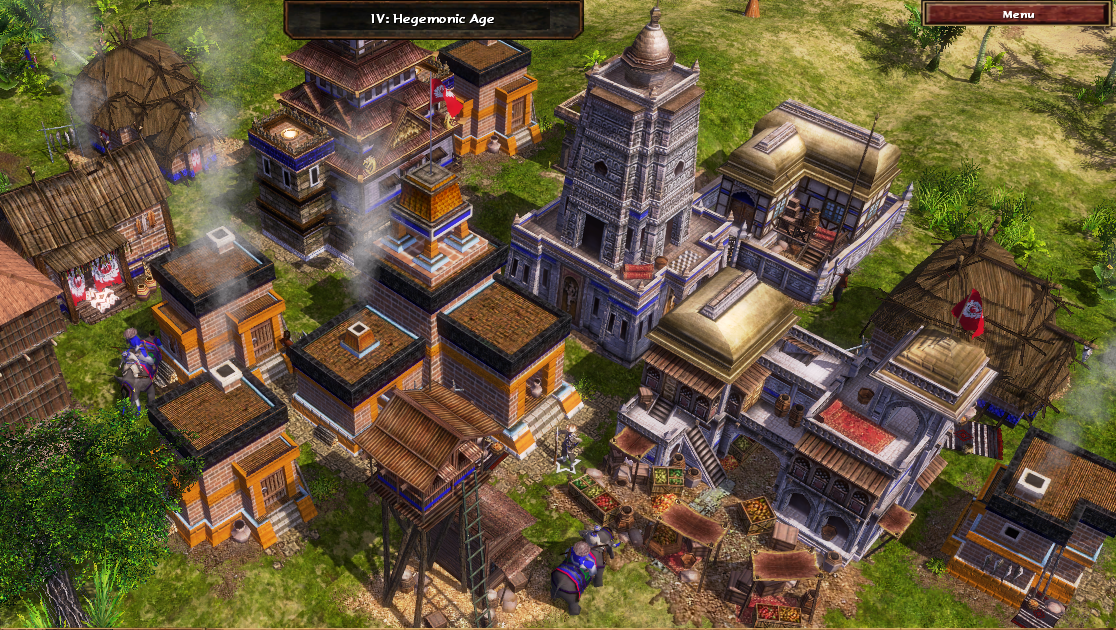

This means that every year the gap between China and the US shrinks.

It is not that the current order does not benefit the US: the problem is that it benefits others more in relative terms.

And as the world descends into a new bipolar confrontation, the EU is preparing to become a third pole.įew doubt that Trump is presiding over the relative decline of his great nation. The rise of Donald Trump, with his promise to “make America great again”, and Xi Jinping, with his dream of national rejuvenation in China, symbolise the new era: two strong men competing for primacy. There was talk of a transatlantic trade and investment agreement, a transpacific partnership, and the Paris climate accord and the Iran nuclear deal were avatars of the possibility of cooperation. David Cameron and George Osborne hoped to maintain the “special relationship” with the US while also declaring a new golden age with China. When Britain went to the polls to vote on the Europe question in 2016, Barack Obama was US President and there was debate about a so-called G2 world, where China and the US, the two biggest economies, would find ways of managing their differences to the benefit of the world. When it awakes and prepares to leave the European Union, Britain will be exiting into a totally different world, one defined by competing blocs and protectionism rather than cooperating states. In 2016 Britain held a referendum about independence in a world organised around cooperative nation states and free trade, before falling into a long and solipsistic Brexit dream or nightmare (depending on your perspective). But today, they are locked in a global competition for influence and are “decoupling” their economies rather than bringing them together. Their complementary economies were so tightly bound that we came up with an aggregate name to describe them: Chimerica. And no two countries were more connected than China and the US. Thomas Friedman, a New York Times columnist, talked about the “Dell theory of peace”, arguing that no countries that were connected in a supply chain, such as the ones to make Dell computers, would go to war with each other. At the heart of that were global supply chains. The dream in the years after the fall of the Berlin Wall was that we would replace the rigid power blocs of the Cold War with the interconnected world of globalisation and the internet.


 0 kommentar(er)
0 kommentar(er)
